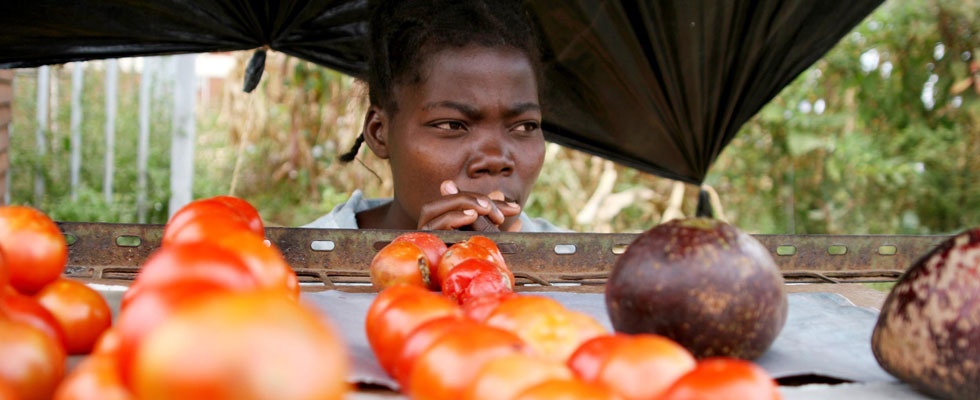
PRICES of basic commodities in the country continue to go down as deflation persists, but this has not improved the lot of ordinary people due to the liquidity crunch and high unemployment levels, the Poverty Reduction Forum Trust (PRFT) has said.
PHILLIP CHIDAVAENZI
In an analysis accompanying PRFT’s Basic Needs Basket (BNB) for March, PRFT executive director Judith Kaulem said prices of basic goods in Bulawayo, Gweru and Shurugwi had gone down although there had been marginal increases in Harare and Mutare.
An average family of five in Harare, Bulawayo, Gweru, Mutare and Shurugwi required $521,64, $481,86, $522,97, $479,16 and $532,55 respectively to have a decent life during the month
“Although an analysis of the BNB values indicate slight increases in prices of some food and non food items during the month, the prices of most basic commodities have continued to decline,” Kaulem said.
“The economy has been experiencing deflationary pressure in most basic commodities since October last year.”
Economists have attributed the deflationary pressure to weak aggregate demand, stable international oil and food prices and the continued strengthening of the US dollar.
Despite the recorded fall in prices, Kaulem said the country’s products were still beyond the reach of many.
- Chamisa under fire over US$120K donation
- Mavhunga puts DeMbare into Chibuku quarterfinals
- Pension funds bet on Cabora Bassa oilfields
- Councils defy govt fire tender directive
Keep Reading
She attributed the high pricing to the fact that most basic goods were still being imported at lower prices from neighbouring countries such as South Africa.
“However, due to high levels of unemployment that have been created as a result of the importation of basic commodities from South Africa and other trading partners, the lower prices are beyond the reach of many ordinary Zimbabweans whose income sources are deteriorating,” said Kaulem.
According to a recent Zimbabwe Congress of Trade Unions report, 9 617 job losses and 75 company closures were recorded last year. There were fears that the trend could escalate this year as the economy continued to shrink.
Kaulem said the trust was lobbying government to stimulate production through injecting capital to salvage ailing industries. She noted that the recent cancellation of import licences for farm produces though lacked broad-based consultations of the key stakeholders.
“Such knee-jerk reactions end up hurting those people that were meant to benefit from such policy interventions. PRFT recommends policy makers to consult widely before they make policy pronouncements to ensure sustainable development,” she said.











